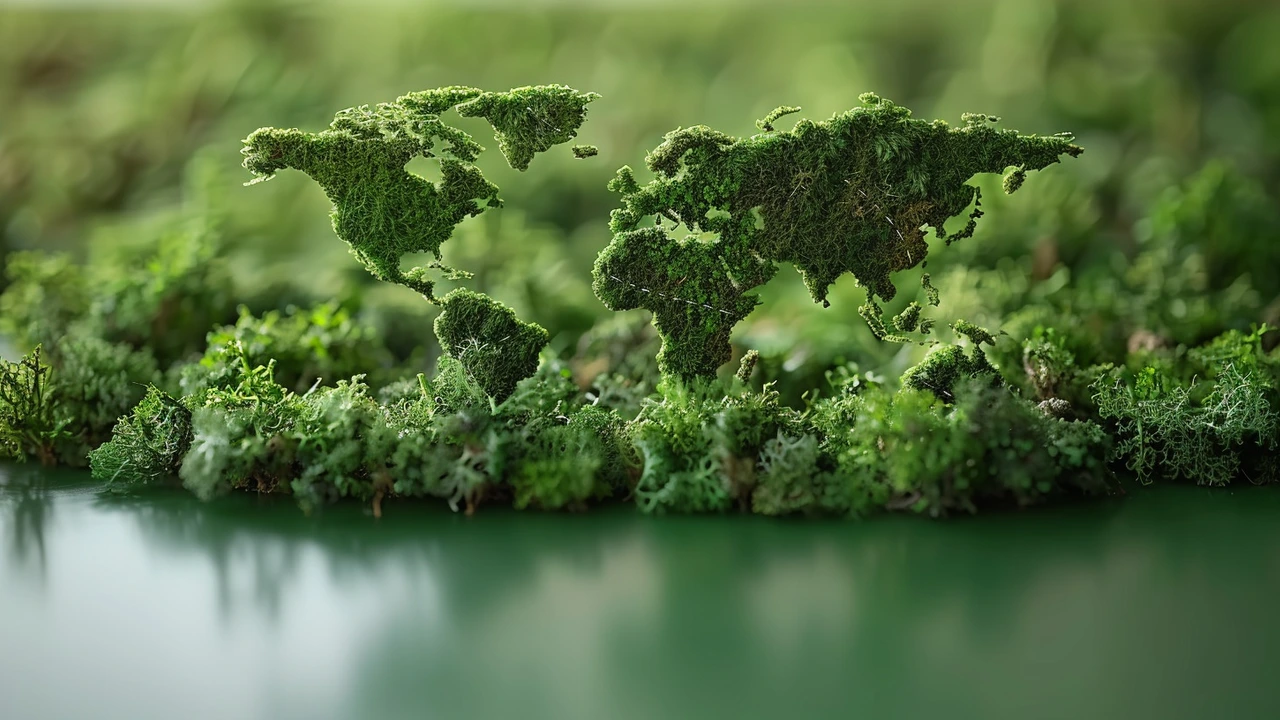Everyone’s talking about sustainability these days, but what does it actually look like on African game farms? It’s not just a fancy label—real change shows up in daily decisions, wildlife management, and how tourism is run. You see it when a game reserve replaces plastic water bottles with refillable ones, or when local guides teach visitors about animal migration instead of just snapping pics for Instagram.
Here’s where things get interesting: game farms are often stuck balancing tourism, wildlife protection, and supporting local communities. It’s tough, but plenty are ditching old-school practices and focusing on stuff that really makes a difference—like managing natural resources, protecting endangered animals, and rethinking how eco-tourism is done. Farms that plant native grasses, build waterholes, and work closely with nearby villages often see more animals and happier guests. That’s sustainability you can actually see.
And there’s another side to it: the economics. Sustainable operations might cost a bit more up front, but they bring long-term pay-offs. More travelers pick destinations that look after the environment. Some game lodges have switched to solar panels, natural building materials, and eco-friendly cleaning products. These little changes add up—lower energy bills, less pollution, and better reputations. Plus, guests love supporting places that walk the talk. Ask around, and you’ll hear stories of repeat visitors coming back year after year for that reason alone.
True sustainability on game farms means giving back, not just taking. A lot of places hire and train people from nearby communities, which creates jobs and cuts down on poaching since people have more stable incomes. There are programs where schools visit farms to learn about rhino conservation or help plant indigenous trees. Kids end up caring more about local wildlife, and farmers get a new generation invested in keeping ecosystems healthy. Everybody wins.
There’s still a way to go. Climate change, drought, and habitat loss are real challenges. But here’s the upside: the more game farms invest in smart, sustainable approaches, the better their shot at staying open—and thriving—in the long run. Visitors also play a role. Whether you’re picking a lodge that boasts zero single-use plastics or asking guides questions about animal welfare, your choices matter.
Curious which farms do it best? Watch for daily news updates about projects like community-led anti-poaching units, solar-powered safari camps, and responsible breeding programs for endangered animals. African Game Farms Daily News covers these stories with real examples, keeping you looped into what’s working (and what still needs fixing) across the continent. Sustainability isn’t just a buzzword—it’s daily action that shapes the future of Africa’s wildlife and landscapes, right before your eyes.

World Environment Day 2024, on 5 June, highlights 'Our Land, Our Future' by focusing on land restoration and drought resilience. Hosted by Saudi Arabia, it emphasizes renewable energy and sustainability to combat climate change. This global event aims to inspire positive environmental action worldwide.
Read More >>